
Every weekday, The Detail makes sense of the big news stories.
This week, we looked at seed banks and the mission to preserve our native plants on the brink of extinction, how rehabilitation programmes work for sexual offenders, the uncertain future of snow sports on Ruapehu, the local music industry's time of reckoning with the #MeToo movement, and how a cryptocurrency giant fell from grace.
Whakarongo mai to any episodes you might have missed.
Banking the seeds of our precious plants
Seed banks are a simple concept: create a huge library of seeds, from different crops like wheat or tomatoes, to grasses, flowers and trees.
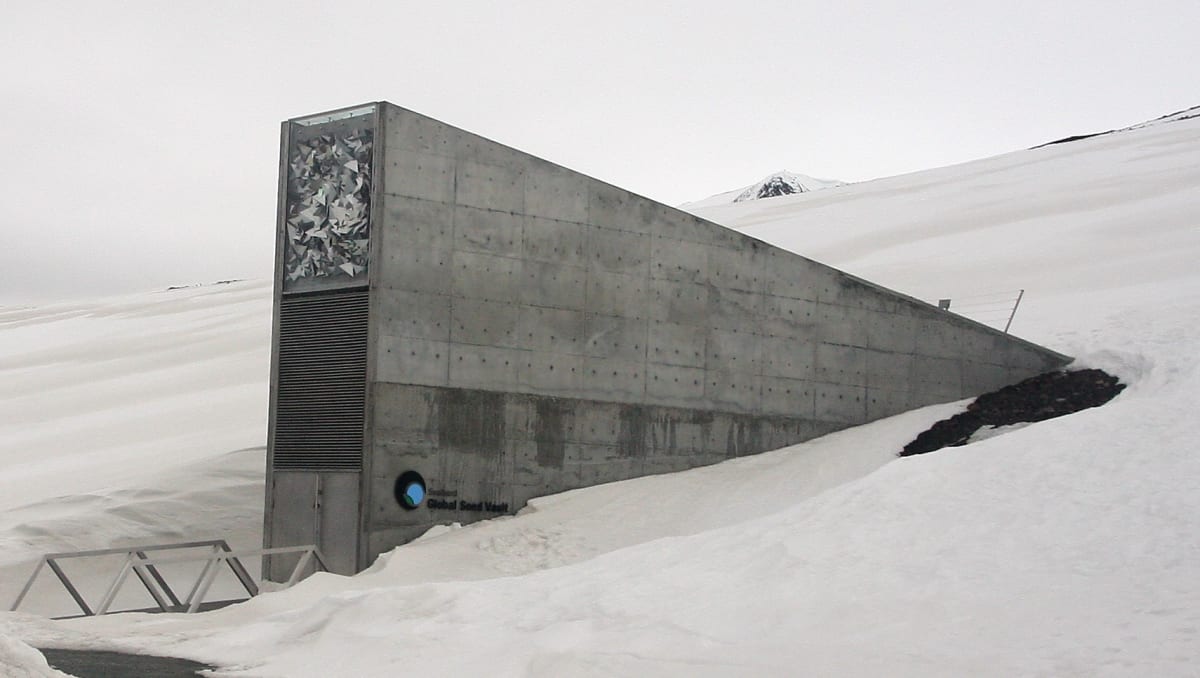
In the event of a terrible disease threatening the existence of a plant - we have our own example here in the spread of kauri dieback - or even threatening humanity as a whole, these seed banks are an emergency backstop.
There are seed banks all across the globe, including in Aotearoa, but ours are small and, some say, not up to scratch - and dozens of our native plants are perilously close to extinction.
Emile Donovan speaks to Te Tira Whakamātaki Māori Biosecurity about the special role of seed banks and what a future model for a national seed bank could look like.
When sex offenders go to rehab
If someone convicted of sexual offending is sent to prison, they will be placed on a rehabilitation programme that involves group therapy - if they're lucky.
Such is the demand for rehabilitation programmes - some prisoners don't get access to them before they're released, or even once they're in the community.
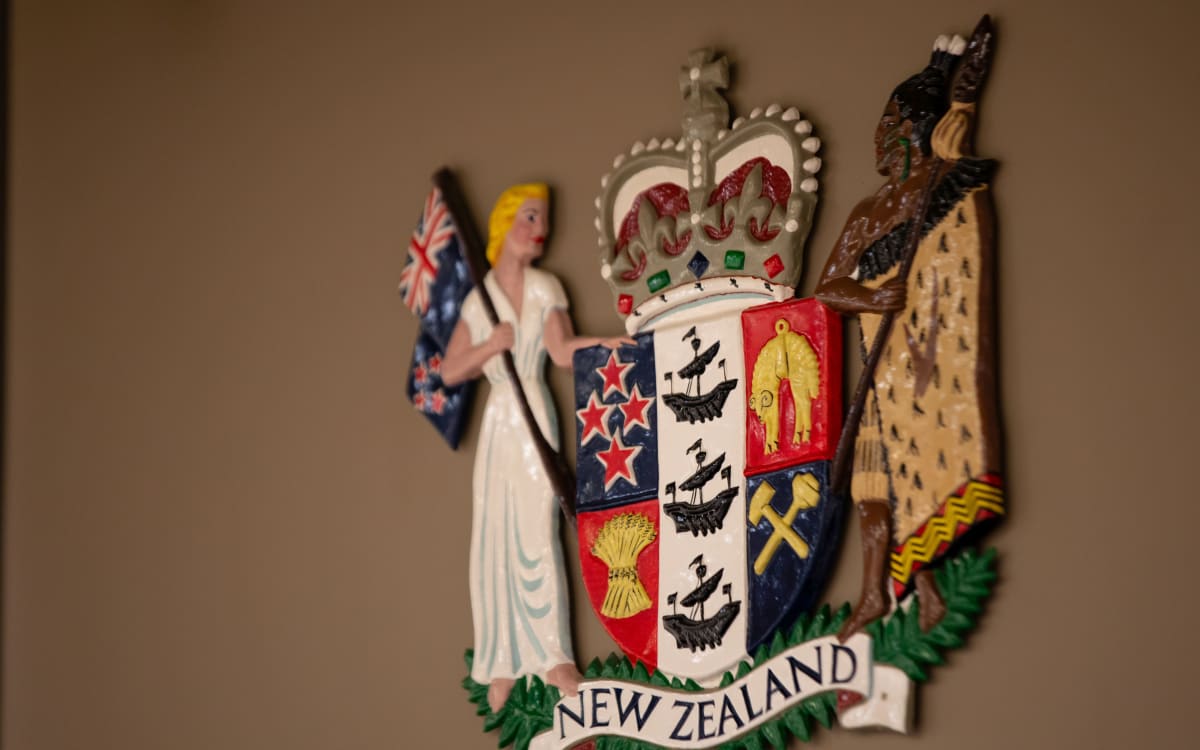
"If they run out of time, they won't get parole, they won't get anything, they'll just be released onto the street," says Chester Borrows, who's worked in the justice system for 45 years in various roles including as a police officer, police minister, a member of the parole board, and chair of Te Uepū Hāpai i te Ora, the Safe and Effective Justice Advisory Group.
A follow-up from a previous episode looking at the case of convicted sex offender Jayden Meyer: Sharon Brettkelly speaks to Borrows and barrister John Munro to get a peak behind the curtain of a crucial cog in the justice machine: rehabilitation programmes.
Slippery slope? The future of skiing on Ruapehu
After three tough years, Ruapehu Alpine Lifts - which runs the Whakapapa and Tūroa ski fields - has put itself into voluntary administration.
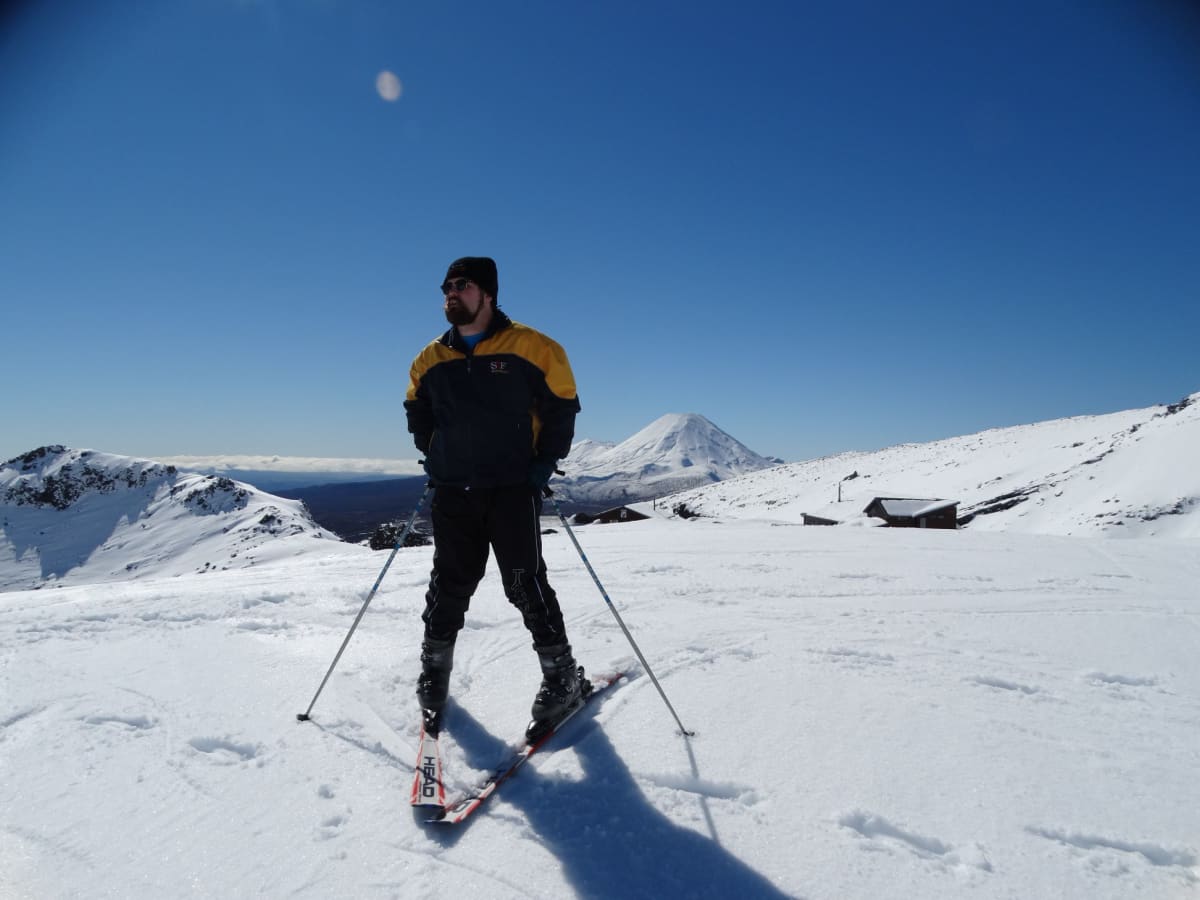
Caught in the crossfire of the two biggest threats of the current era, Covid-19 and climate change, the company found itself uncertain it could pay its debts when they were due.
Emile Donovan speaks to PwC administrator John Fisk and Niwa forecasting scientist Jono Conway about why this happened and whether there's a future for snow sports in the North Island.
MeToo and the music industry - what's changed?
The New Zealand Music Awards used to be the biggest red carpet event in the country. They would pack out the floor of Spark Arena. The glittery ceremony would last for hours, studded with celebrity spots, and all broadcast live on primetime, free-to-air television.
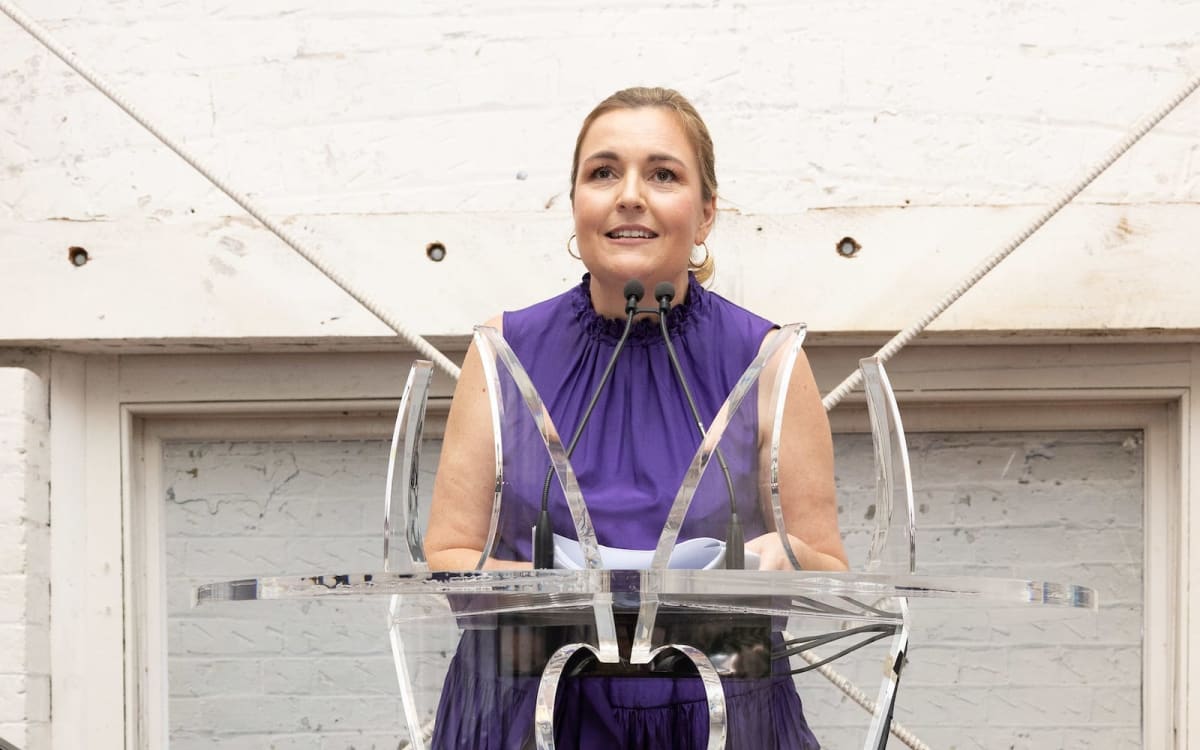
The 2022 awards happened last week, and you wouldn't be blamed for not knowing about it. It was hosted in a bar in Auckland - the type of bar the after-party used to be held at - with a guest list of under 300, and only allowed three drinks each.
The organisers had many reasons to re-evaluate the event. Covid concerns, cutting costs - but there was also a sea change in the culture of the New Zealand music industry that they were tapping into. A new emphasis on making the industry a safe space for women and gender minorities, free from sexual harassment, abuse and exploitation.
Sharon Brettkelly speaks to RNZ's Music101 host Charlotte Ryan, Stuff senior journalist Alison Mau, and researcher Catherine Hoad about the state of the industry and whether change is coming soon enough.
How a huge cryptocurrency exchange failed
Last Friday, global cryptocurrency exchange FTX, once valued at US$32 billion, filed for bankruptcy.
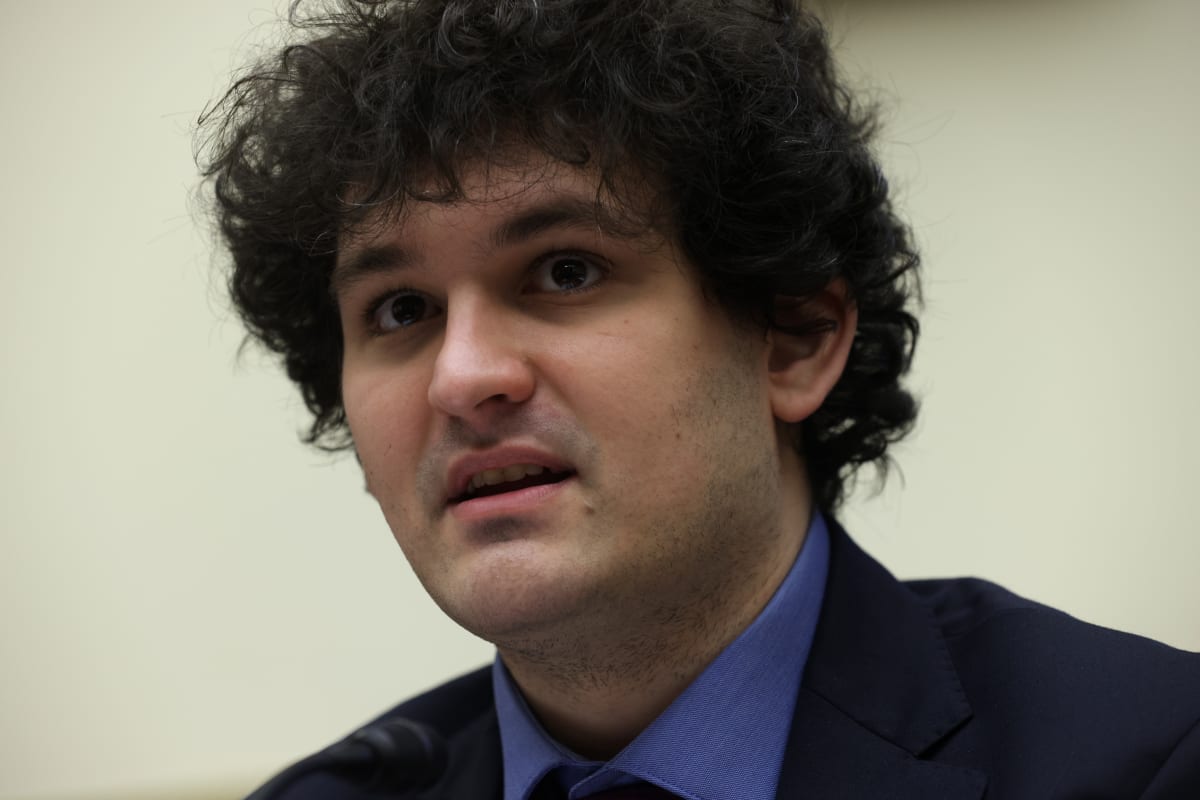
Criminal probes are being launched and people are very, very angry. In a market never far from ignominy, this was a huge flop. What happened?
Emile Donovan talks to Darian Woods, host of NPR's The Indicator podcast, about FTX's demise and the cast of characters at play.
Find out how to listen and subscribe to The Detail here.
You can also stay up-to-date by liking us on Facebook or following us on Twitter.







